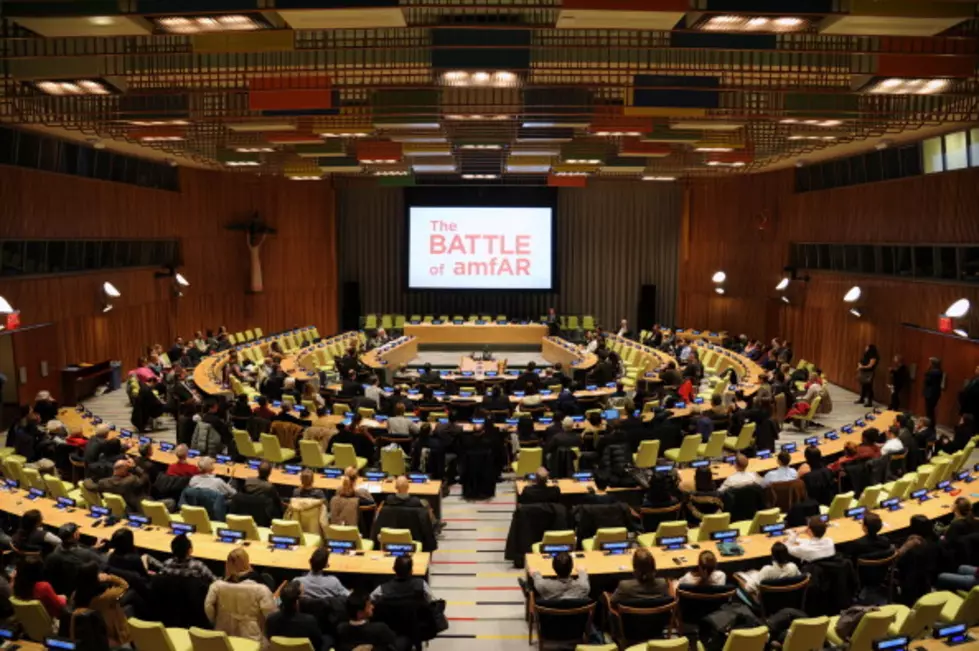
Universal Declaration of Human Rights?
Sixty-five years ago today, nine years before the United States Congress passed the first Civil Rights Act of 1957; the United Nations adopted the Universal Declaration of Human Rights. This document was designed as a guide for countries in the humane treatment and protections of citizens around the world.
After ratification in 1976, the bill took on the force of international law. However, the United Nations has shown over the years that they have little if any enforcement powers. The court of public opinion is the only defense for the citizens of some of the UN member counties.
A Brief History
The genesis to the declaration was in response to the many atrocities experienced in World War II. The UN thought there should be a global agreement between countries expressing the rights to which all human beings are entitled.
The International Bill of Human Rights consists of the Universal Declaration of Human Rights, the International Covenant on Economic, Social and Cultural Rights, and the International Covenant on Civil and Political Rights and its two Optional Protocols.
There are 30 articles much like our Constitution gleaned from various treaties, national constitutions and other national laws in the member countries. In 1976 after all the Covenants had been ratified by a sufficient number of member nations the Bill took on the force of international law.
Adoption of the Universal Declaration
The General Assembly of the UN adopted the declaration on December 10, 1948 by a vote of 48-0 in favor. There were eight abstentions for various reasons. The Soviet Union, Ukrainian SSR, Byelorussian SSR, People's Federal Republic of Yugoslavia, People's Republic of Poland, Union of South Africa, Czechoslovakia and the Kingdom of Saudi Arabia. Honduras and Yemen, both members of UN at the time, failed to appear for vote.
South Africa abstained in order to protect apartheid; Saudi Arabia took issue with the rights of citizens to change their religion and the rights to marry whomever you wish. There were many arranged marriages in that country. The Soviets had a problem with the article that declared that citizens had the right to leave their country or return.
Some Final Thoughts
Those of us living in the United States should appreciate our freedoms more when compared to the news we hear coming out of other nations. It’s surprising that the UN was ahead of the curve with recognizing the rights of world citizens many years before the freest nation on earth adopted the first civil rights act.
I suggest you review some of the articles in the link below and compare them to what you know or have read about the rights afforded citizens in other lands. Although this document is law in the eyes of the international courts politics has a way of deciding who or what is prosecuted.
Things we take for granted like freedom of speech, freedom of religion, freedom to own property, freedom to a fair defense and equal justice are often death sentences in other lands. The world would be a much better place if the UN could enforce the Declaration of Human Rights.
More From KMMS-KPRK 1450 AM








![[POLL] Will You Got Back to Restaurants and Bars When They Open?](http://townsquare.media/site/8/files/2017/04/Adam-Berry.jpg?w=980&q=75)
